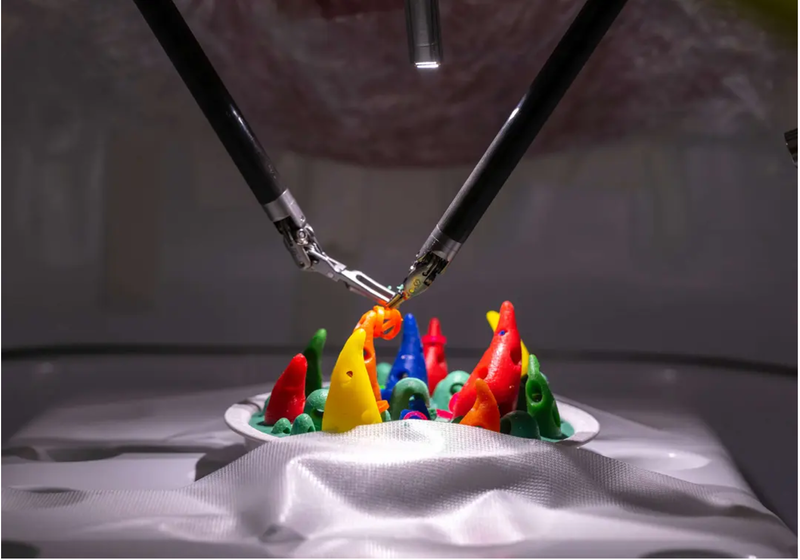Scientists Find Microbes That Digest Plastic at Low Temperatures
Scientists from the Swiss Federal Institute WSL have discovered fungal and bacterial microbes that can digest plastic at 15°C (59°F) and even lower temperatures. Existing microorganisms can only do so at 30°C (86°F).

Facts
- Scientists from the Swiss Federal Institute WSL have discovered fungal and bacterial microbes that can digest plastic at 15°C (59°F) and even lower temperatures. Existing microorganisms can only do so at 30°C (86°F).1
- Though they have only tested the microbes at 15°C — including 19 strains of bacteria and 15 fungal strains growing on free-lying or intentionally buried plastic in Greenland, Svalbard, and Switzerland — they say most of the tested strains can grow well between 4°C and 20°C.2
- While none of the strains were able to degrade non-biodegradable polyethylene (PE), 19 (56%) of strains, including 11 fungi and eight bacteria, were able to digest the biodegradable polyester-polyurethane (PUR).3
- There were also 14 fungi and three bacteria capable of digesting the plastic mixtures of polybutylene adipate terephthalate (PBAT) and polylactic acid (PLA), as well as two uncharacterized fungal species in the genera neodevriesia and lachnellula, which could digest all of the tested plastics except PE.1
- Using the "novel microbial taxa obtained from the ‘plastisphere’ of alpine and arctic soils," according to the author of the study Dr. Joel Rüthi, is a breakthrough as the current process of biodegrading at 30°C requires a heating process that is not carbon-neutral.4
- Coauthor and group leader at WSL Beat Frey said, "The next big challenge will be to identify the plastic-degrading enzymes produced by the microbial strains and to optimize the process to obtain large amounts of proteins," and possibly modify some of them "to optimize properties such as protein stability."2
Sources: 1Guardian, 2Genengnews, 3Phys, and 4Interestingengineering.
Narratives
- Narrative A, as provided by Vice. As microplastics are now found littered throughout the seas, the Arctic, the air we breathe, and even in our blood, it's past time that we figured out a way to rid them from our planet. This discovery could lead to cost-effective and environmentally friendly ways of biodegradation, so hopefully, scientists are close to achieving this long overdue step in combatting pollution.
- Narrative B, as provided by BBC. While innovation in biodegrading and biodegradable plastic is making headway, the goal of being able to instantly recycle or compost plastic is still far away. Throwing away excess food also hinders the goal, as food and plastic currently cannot be processed simultaneously and thus get thrown into landfill rather than biodegrading plants. Technology that allows people to biodegrade their plastic at home must be invented, or the majority of plastic will continue to end up in a landfill or floating in the sea.






